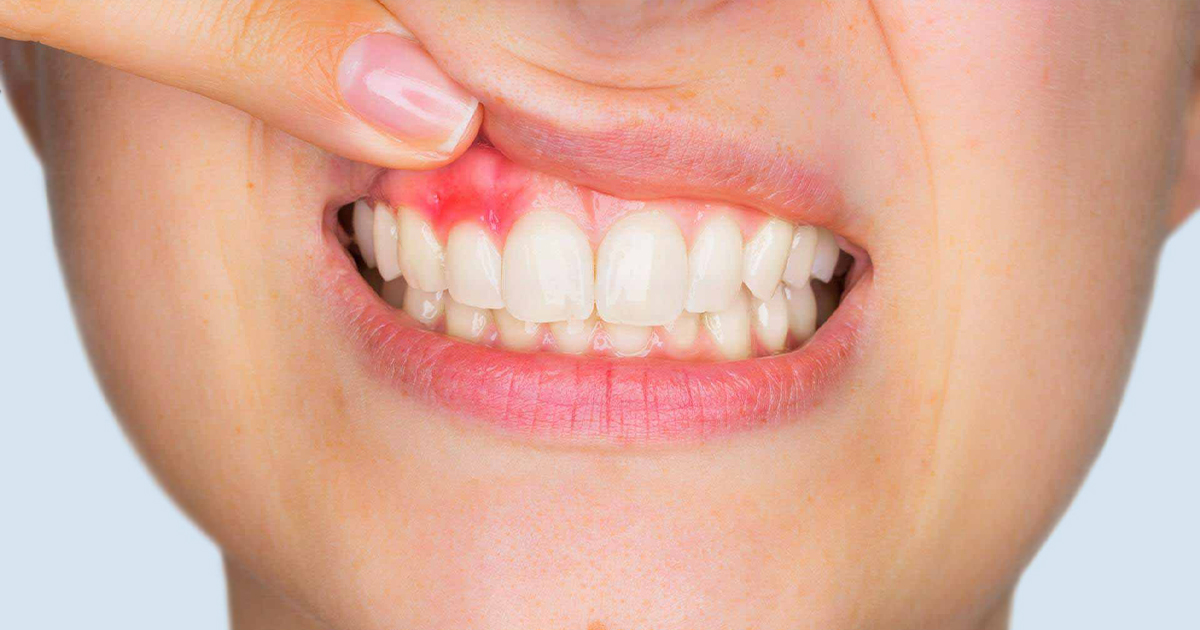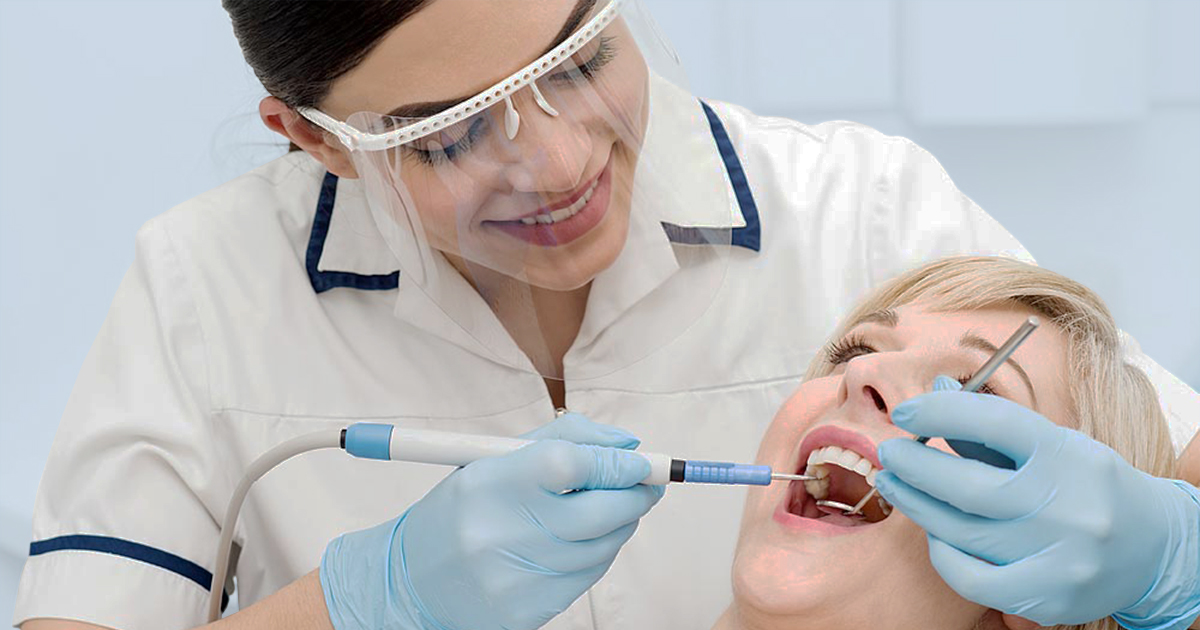
While home care like regular brushing and flossing are significant parts of maintaining good oral hygiene, visits to the dental hygienist play a critical role in preventing and treating issues relating to gum disease.
Gum disease is much more common than many people may realize. About three out of every four adults over the age of 35 have gum disease and it is one of the most common causes of tooth loss. While the risk of gum disease does increase as you get older, it is a problem that can affect people of all ages.
With this post, we would like to take a closer look at gum disease and some of the ways a dental hygienist can help with prevention and treatment.
What Causes Gum Disease?

Plaque is a film made from small pieces of food, saliva, and bacteria. Much of this bacteria is harmless, but some of it can contribute to things like tooth decay and gum disease. Since plaque is constantly building up on your teeth, even a small lapse in oral hygiene can make a big difference.
When plaque gets trapped in the area where your teeth meet your gums, it can cause an infection. In the early stages, this infection is a mild form of gum disease known as gingivitis. If left untreated, the plaque and infection can start to move below the gum line. As this occurs, the gums may start to recede. This can cause small pockets to form around the teeth, and this will allow more plaque and food to get trapped.
Without treatment, the gums will continue to recede and the infection will continue to spread. It can even get to a point where part of the root of the tooth is exposed and the infection can start to weaken the bone that supports the teeth. When this occurs, the tooth may become loose and it will be at risk for falling out. At this stage, the infection will have advanced from being the mild form of gum disease known as gingivitis to being a more severe form of gum disease known as periodontitis.
Part of the reason you brush and floss is to remove plaque from your teeth. However, plaque can get trapped in areas that are difficult to reach with your toothbrush and floss. This can be even more of a problem for people who have crooked teeth or those who wear some type of dental appliance. Professional cleanings from a hygienist can remove this hard to reach plaque and prevent gum disease.
How a Dental Hygienist can Help

A dental hygienist can perform a deep cleaning that will be much more thorough than can be achieved with your toothbrush at home. In this cleaning, the hygienist will remove plaque and tartar and they will use special tools that make it possible to clean areas that cannot be cleaned at home.
These deep cleanings are not only important for the prevention of gum disease, but they can also work as a treatment for milder cases of gingivitis. Along with that, your hygienist will also look for signs of a more advanced infection that may require the attention of a dentist or periodontist.
In addition to cleaning your teeth and removing plaque, your dental hygienist will also play an educational role in helping you to prevent gum disease. Your hygienist can recommend a better toothpaste, advise patients on the proper techniques for brushing and flossing and they can also recommend care products like specialized brushes. By getting regular cleanings and following the advice of your dental hygienist, you can significantly reduce your risk of gum disease.
Brighton Implant Clinic works with a wide range of dental implant treatments. Along with that, we also offer general dentistry services and dental hygienist cleanings. Contact Brighton Implant Clinic to schedule an appointment for a dental exam and to plan a meeting with one of our dental hygienists.

